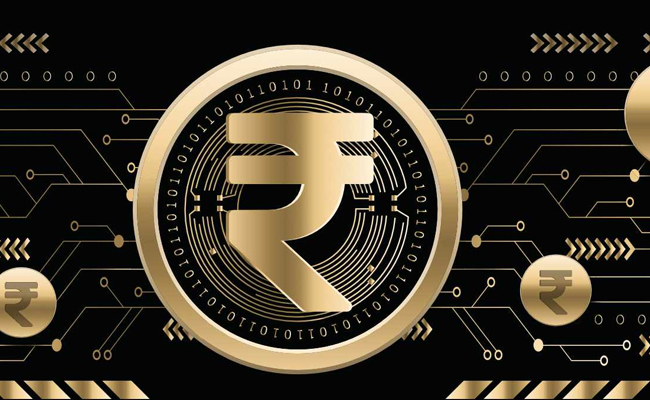People can now participate in the Reserve Bank of India’s (RBI) Central Bank Digital Currency (CBDC) pilot project, which is known as the digital rupee. The digital rupee provides all the benefits of cash on a mobile device without the worry of misplacing it or forgetting exact change.
The retail digital rupee will initially be rolled out in a pilot program, as decided by the RBI. For the project, the central bank has selected a number of pilot banks, including ICICI Bank and State Bank of India (SBI). Axis Bank, Yes Bank, IDFC First Bank, Indusind Bank, Kotak Mahindra Bank, Punjab National Bank, Union Bank of India, Federal Bank, Bank of Baroda, Canara Bank, and Yes Bank as well as other banks.

One can access their pilot bank’s digital rupee app on the Play Store and App Store.
Following successful registration through the pilot bank digital rupee app, the bank will notify the user via SMS if they are chosen for the Closed User Group (CUG). After that, anyone can begin adding funds to their e-wallet via any UPI app or from a bank account that is linked. The RBI issues the digital rupee, a sovereign currency. Companies, government agencies, and retailers all accept it as legal tender and accept it as a trustworthy form of payment. The goal of digital rupee is to give a more user-friendly, safe, and widely accessible digital currency to replace cash and physical currency.
Digital payments should become more widely available as a result of the anticipated faster, less expensive, and more secure transactions made with the digital rupee. Pilot programs for Central Bank Digital Currency (CBDC) have been started by the RBI in the retail and wholesale markets.
👉 Click here to read the latest Gujarat news on TheLiveAhmedabad.com





